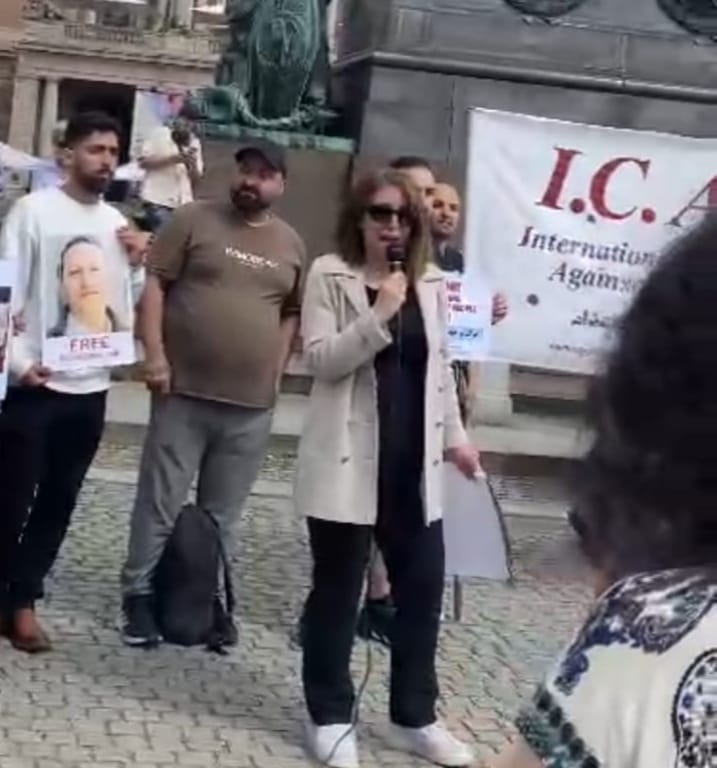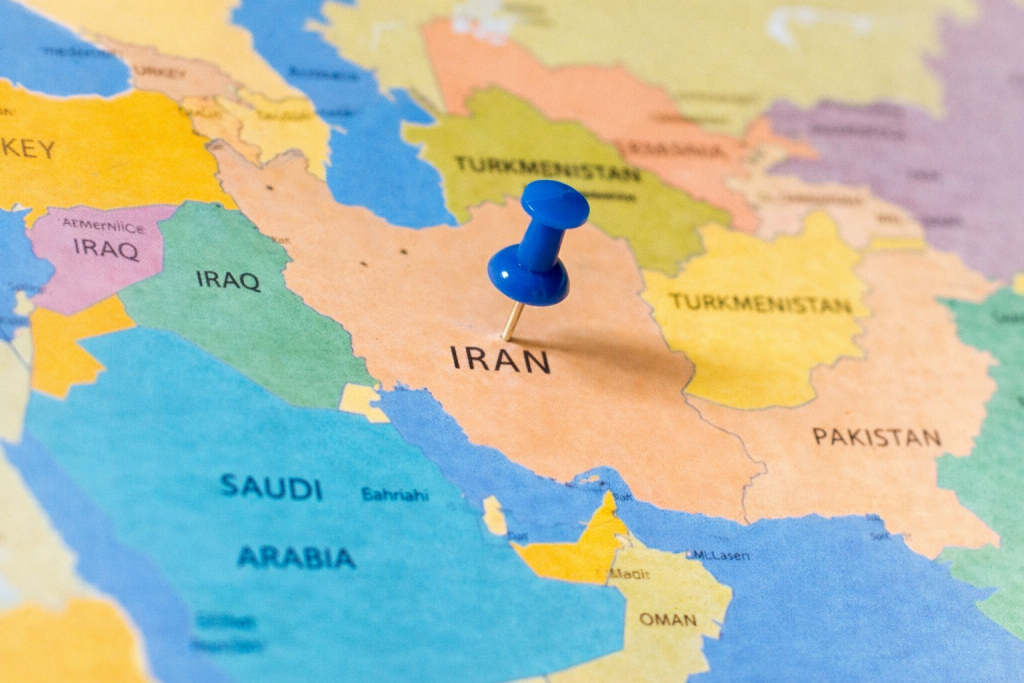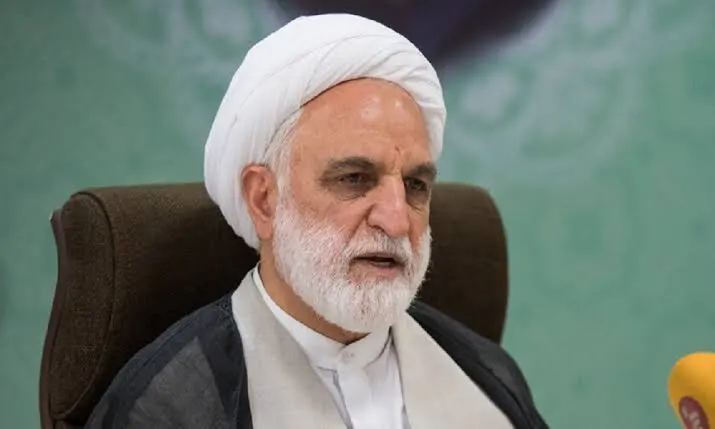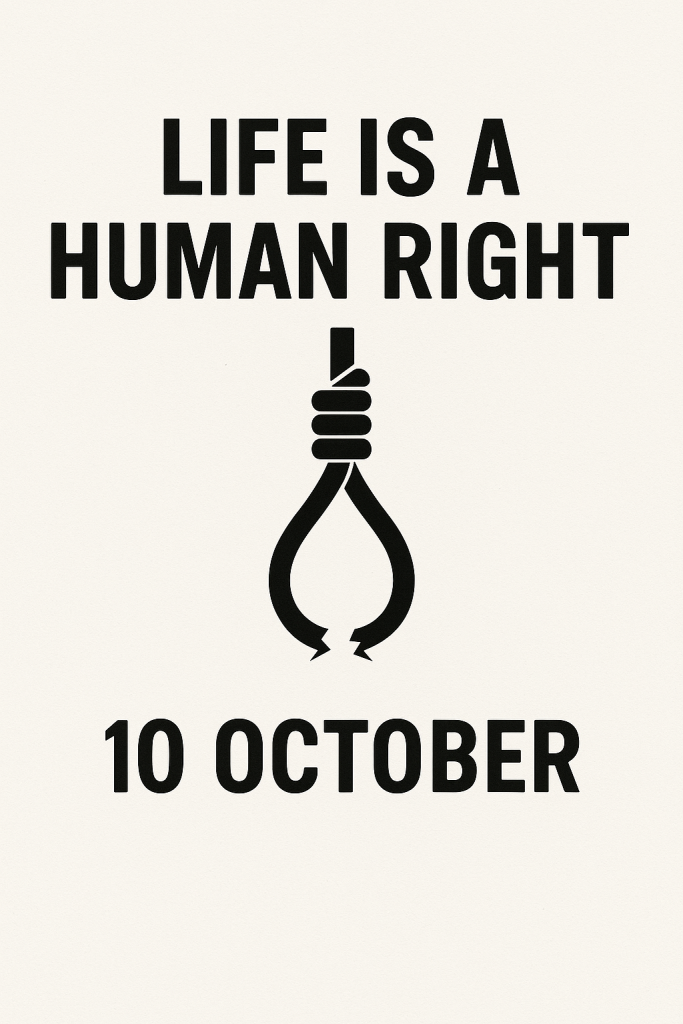Introduction
The recent exchange of Hamid Noori, a former member of Iran’s “board of death,” for two Swedish prisoners has sparked a wave of criticism toward the Swedish government. This case underscores the intricate balance between governmental responsibility and judicial independence in Europe, highlighting the challenges and criticisms that arise when these two pillars of democracy intersect. The question is raised: How can the Swedish government balance its responsibility to protect its citizens with the independence and integrity of its judicial system, particularly in complex international situations like the exchange of Hamid Noori for Swedish prisoners?
This question explores the tension and interplay between governmental actions taken for diplomatic and security reasons and the judiciary’s role in upholding justice and the rule of law. It seeks to understand how these two important functions can sometimes be at odds and what the implications are for public trust and international relations.
Governmental Responsibility: Protecting Citizens
Hamid Noori, a former member of Iran’s “board of death,” was found guilty of being a key figure in the 1988 executions of Iranian political prisoners. He was sentenced to life in prison, barred permanently from re-entering Sweden, and ordered to pay damages amounting to 1.2 million SEK. Despite this trial, Hamid Noori was exchanged for two Swedish prisoners, Saeed Azizi and Johan Floderus, in Iran on June 15, 2024.
Critics argue that such actions by the Swedish government can undermine the judiciary’s efforts and the rule of law. The release of Hamid Noori, despite his conviction, might be perceived as negating the justice served by the judiciary. Furthermore, concessions made to secure the release of detained citizens could embolden other regimes to use foreign nationals as bargaining chips, potentially leading to more incidents of hostage diplomacy. Moreover, apparent conflicts between government decisions and judicial outcomes can erode public trust in both institutions.
At the core of any government’s mandate is the responsibility to protect its citizens, both at home and abroad. The Swedish government’s decision to exchange Hamid Noori for two Swedish prisoners reflects this fundamental duty. Ensuring the safety and well-being of nationals, especially those detained under precarious circumstances in foreign countries, is a priority that often necessitates difficult decisions.
In this instance, the Swedish government acted to secure the release of its citizens, demonstrating its commitment to their protection. Despite repeated travel advisories warning citizens against traveling to Iran, some individuals chose to do so, highlighting the government’s ongoing challenge in mitigating risks and ensuring safety for its nationals abroad.
Judicial Independence: Upholding Justice
Some critics claim that the arrest and trial of Hamid Noori were merely human rights gestures by European countries, lacking real substance or value.
Europe’s judiciary systems operate independently of the executive branches, ensuring that justice is administered impartially. The trial and conviction of Hamid Noori were significant judicial achievements, exposing the crimes committed by the Iranian regime and holding Noori accountable for his actions. The judiciary’s role in upholding the rule of law and delivering justice is crucial for maintaining public confidence and the integrity of democratic institutions. However, it is important to note that the management of prisons is the responsibility of the government. Therefore, while the Swedish judiciary sentenced Hamid Noori to life in prison, its responsibility ended there, and the administration of prisons, controlled by the government, took over responsibility for Noori.

The Disconnect and Coordination Challenges
However, the intersection of governmental responsibility and judicial independence can lead to apparent conflicts. Governments may need to make pragmatic decisions based on diplomatic, humanitarian, or security considerations, which can seem at odds with the judiciary’s pursuit of justice.
In the case of Hamid Noori, the Swedish government’s decision to facilitate his release in exchange for its citizens’ freedom exemplifies this complex balancing act. While the judiciary’s focus was on accountability and justice, the government had to consider the immediate safety and welfare of its nationals. This divergence can create public confusion and criticism, as judicial outcomes may appear compromised by governmental actions.
The Case of Ahmad Reza Djalali
Another layer of complexity arises with other hostages, such as Ahmad Reza Djalali, still imprisoned in Iran. Djalali, a Swedish-Iranian scientist, is at risk of execution. Critics argue that the Swedish government missed a critical opportunity to negotiate his release alongside the exchange of Hamid Noori. The failure to secure Djalali’s freedom, despite the leverage, highlights the ongoing challenges and risks faced by individuals detained in Iran.

This situation increases skepticism towards Sweden’s right-wing government, suggesting that it may prioritize citizens based on their positions. For example, the freedom of Swedish diplomats might be deemed more important than that of ordinary Swedish citizens. This perceived prioritization can undermine public trust in the government and raise questions about its commitment to protecting all its citizens equally.
Conclusion
Understanding the distinct yet interconnected roles of government and judiciary is essential. While the judiciary’s role is to uphold justice, the government must sometimes prioritize the immediate safety of its citizens, even if those decisions seem to conflict with judicial outcomes. This balancing act is complex and often contentious but necessary in navigating international diplomacy and domestic responsibilities.
However, citizens expect that the right of citizenship is respected equally for everyone. The Swedish government’s handling of the Hamid Noori exchange, while securing the release of two Swedish prisoners, raises questions about the prioritization of certain citizens over others. The case of Ahmad Reza Djalali, a Swedish-Iranian scientist at risk of execution in Iran, underscores this concern. Critics argue that the government missed a critical opportunity to negotiate his release, suggesting a potential bias towards the freedom of diplomats over ordinary citizens.
The Swedish government must strive to demonstrate that the safety and freedom of all its citizens, regardless of their status, are of equal importance. Clear communication about the necessity and reasoning behind such decisions is crucial for maintaining public confidence. By recognizing these complexities, we can better appreciate the delicate balance required to maintain the integrity and functionality of both government and judiciary in democratic societies. The government is responsible for the protection and security of all its citizens, not just specific individuals, ensuring that the right of citizenship is upheld equally for everyone.


